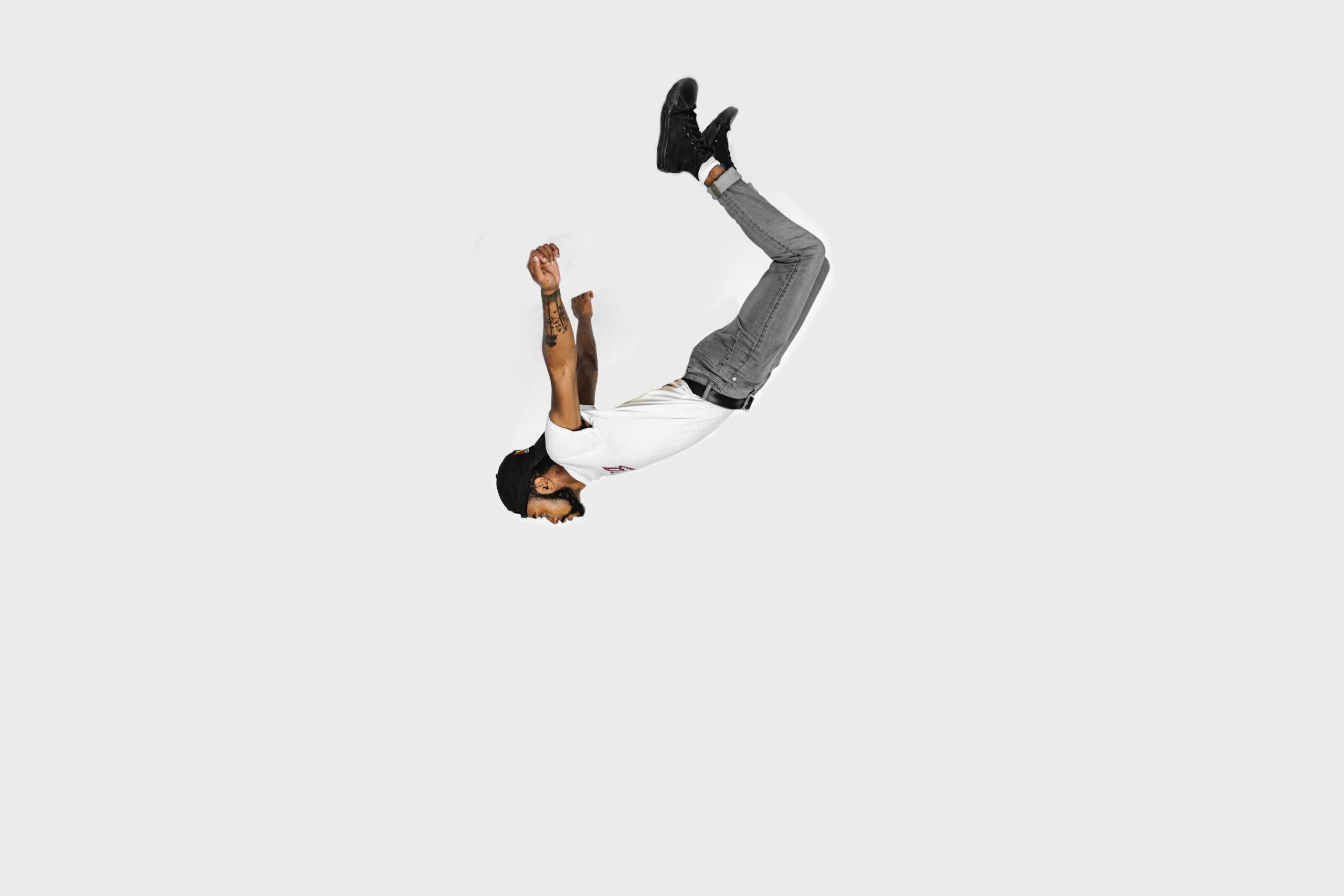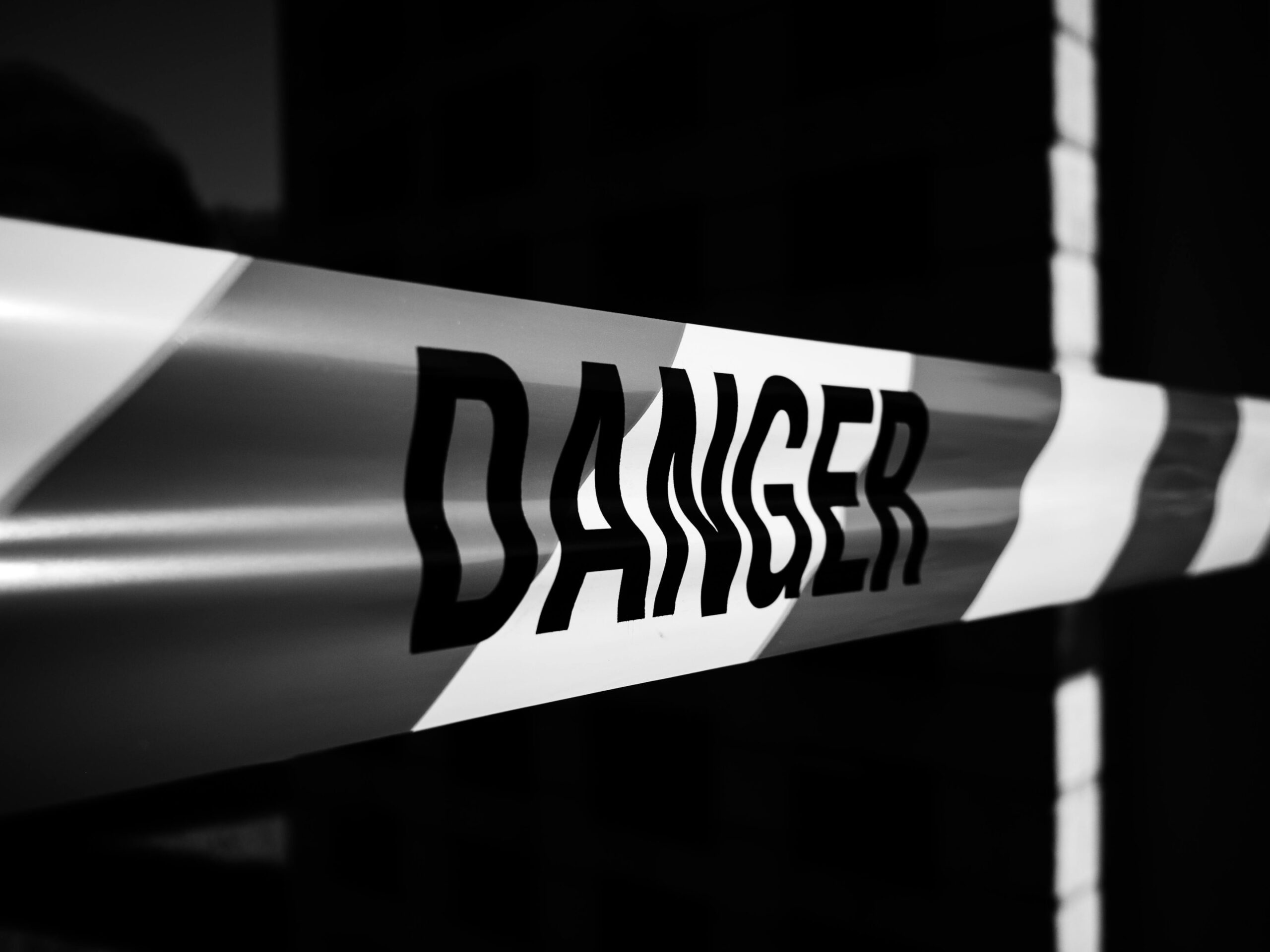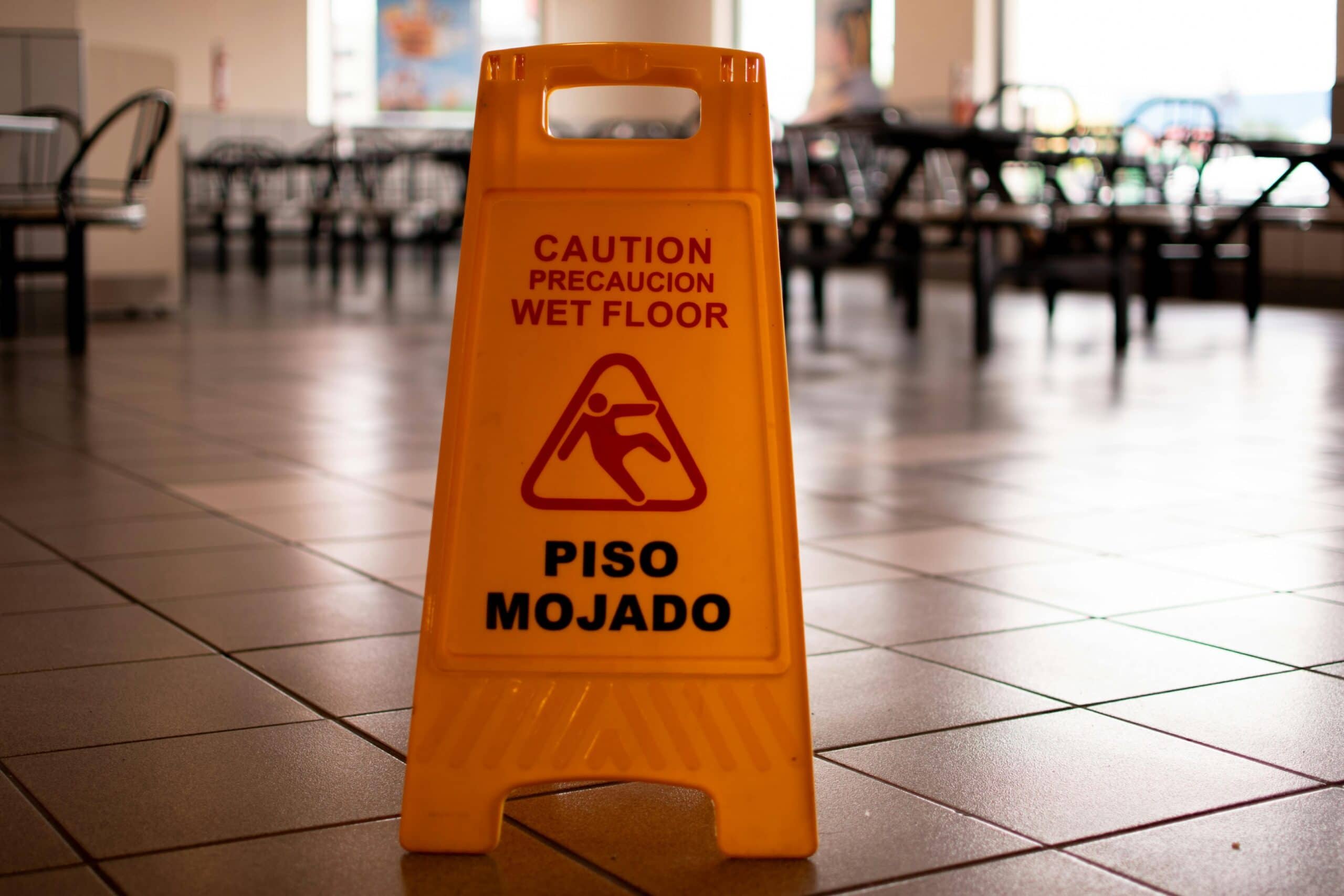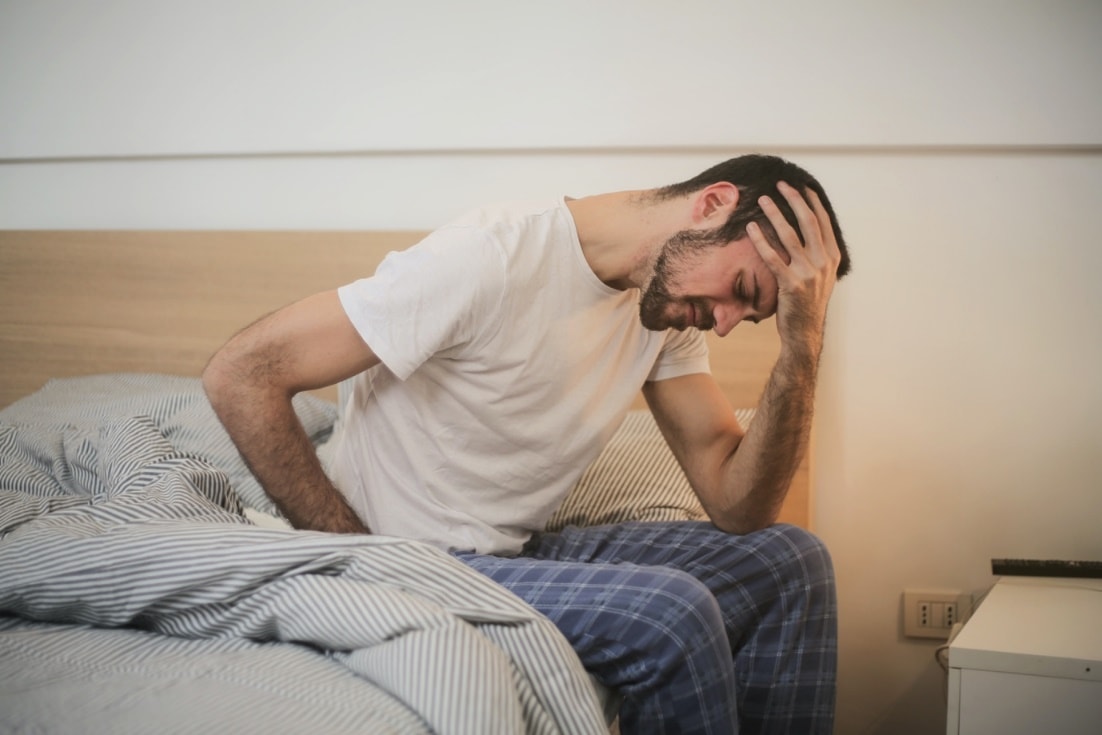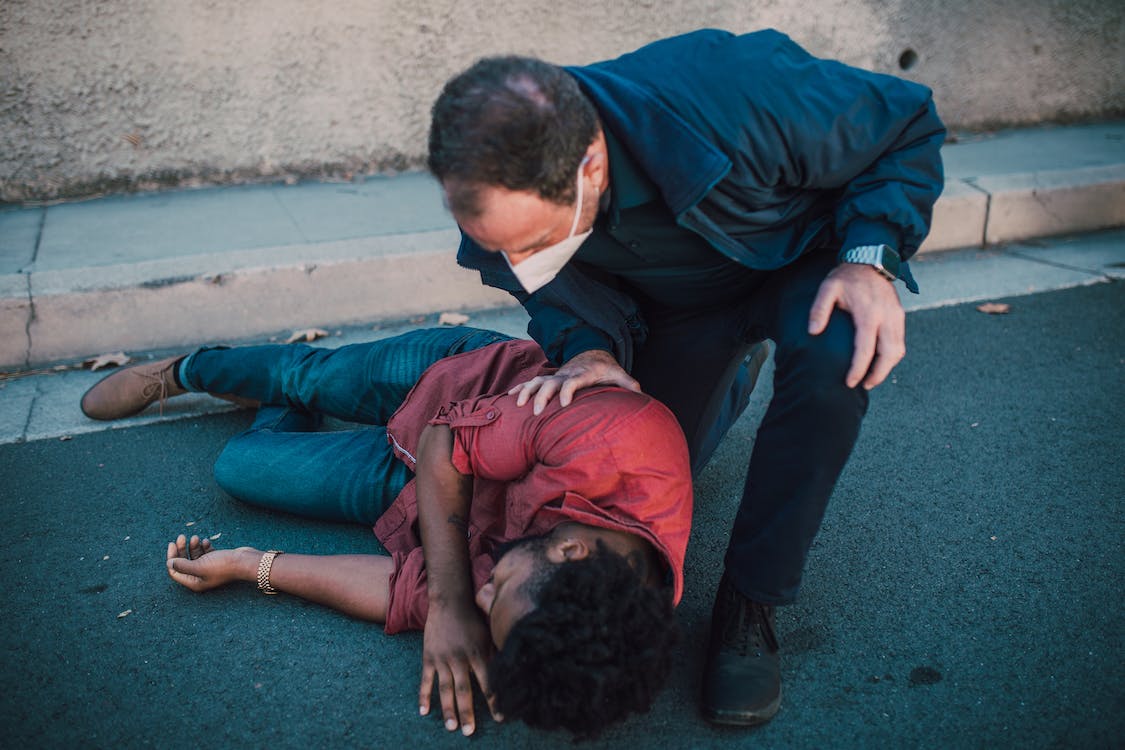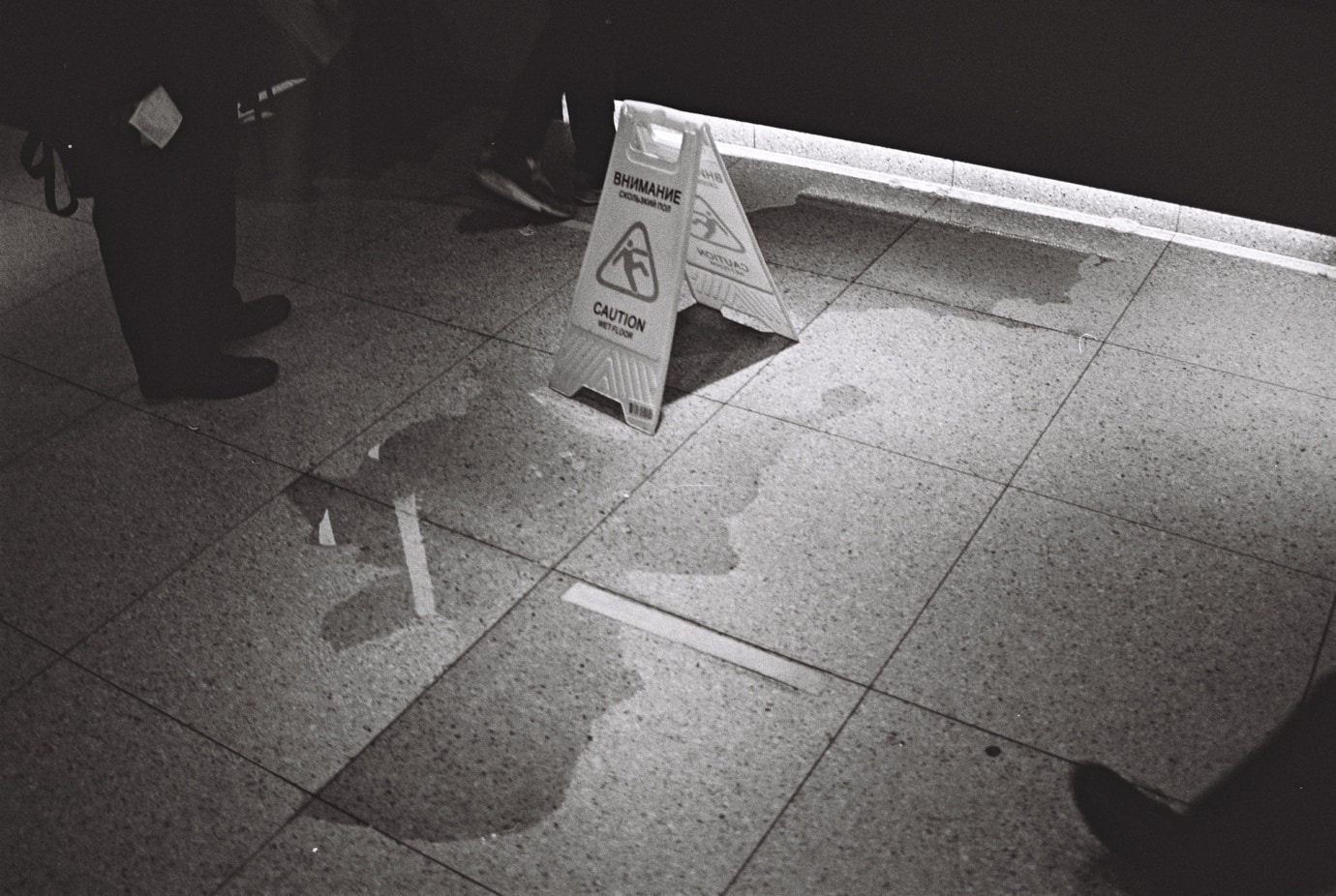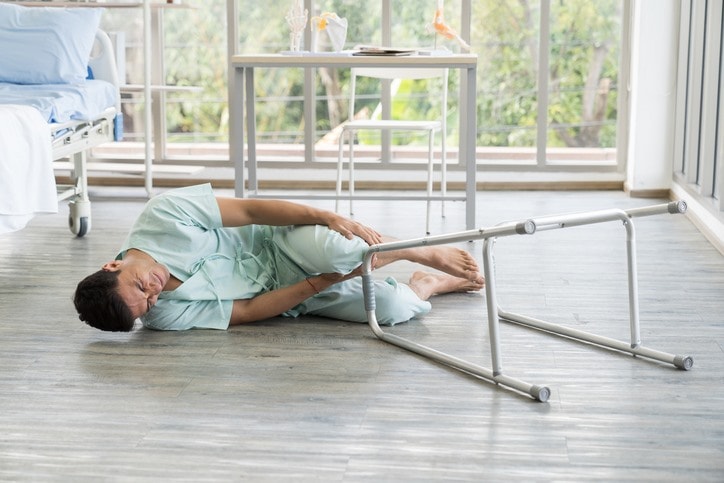
Every year, countless individuals suffer injuries due to slip-and-fall accidents in hospitals across the United States. These accidents can occur for various reasons, ranging from wet floors to inadequate supervision. When such incidents happen, victims often face not only physical pain but also financial burdens due to medical bills and lost wages.
In these situations, understanding your rights and the legal avenues available for seeking compensation is crucial. In this comprehensive guide, we’ll delve into the intricacies of fall-in-hospital compensation, shedding light on everything you need to know about seeking justice after such an unfortunate event.
What to Do After a Hospital Slip-and-Fall Accident?
Experiencing a slip-and-fall accident in a hospital can be disorienting and distressing, but it’s crucial to take immediate steps to protect your health and legal rights. Here’s what you should do after a hospital slip-and-fall:
Seek immediate medical attention to assess and treat injuries sustained in the hospital slip-and-fall.
Report the incident to hospital staff and ensure it’s documented in an incident report for later reference.
Gather evidence at the scene, including photos of hazards and witness contact information.
Document injuries with photographs and notes, and preserve clothing worn during the fall.
Follow medical advice and attend all appointments for treatment and rehabilitation.
Keep detailed records of expenses related to medical bills and other costs incurred due to the accident.
Consult with a personal injury attorney to understand your legal options and rights.
Be mindful of time limits for filing a personal injury claim under Nevada’s statutes of limitations.
Can You File a Claim for Hospital Slip-and-Fall?
Yes, you can file a claim for a hospital slip-and-fall accident. If the fall occurred due to negligence on the part of the hospital or its staff, such as unsafe premises conditions or inadequate supervision, you may be eligible to pursue compensation for your injuries and related expenses through a premises liability claim.
Understanding Hospital Slip-and-Fall Settlements
Hospital slip-and-fall settlements can vary widely depending on several factors, including the severity of the injuries, the circumstances surrounding the incident, and the liability of the hospital or medical staff involved. While it’s challenging to pinpoint an exact average settlement amount, consulting with a legal expert experienced in handling such slip-and-fall claims can provide clarity and insight into what you may expect in terms of compensation.
What Is the Average Hospital Slip-and-Fall Settlement?
The average hospital slip-and-fall settlement can vary widely depending on factors such as the severity of injuries, the degree of negligence involved, and the jurisdiction where the incident occurred. Settlements typically range from several thousand to millions of dollars, but each case is unique, and there is no one-size-fits-all answer.
Factors Influencing Settlement Size
Several factors can influence the size of a hospital slip-and-fall settlement. These include:
Severity of Injuries: The extent of the injuries sustained in the fall significantly determines the compensation amount. More severe injuries often result in higher settlements to cover medical expenses, rehabilitation costs, and potential long-term care.
Liability: Establishing liability is crucial in slip-and-fall risk cases. If the hospital or its staff are found negligent in maintaining a safe environment, they may be held liable for the accident and subsequent injuries. Proving liability can significantly impact the settlement size.
Negligence vs. Medical Malpractice: Distinguishing between negligence and medical malpractice is essential. If the fall occurred due to ordinary negligence, such as a wet floor without warning signs, the compensation process may differ from cases involving medical malpractice, where the fall results from substandard medical care.
Losses Incurred: Compensation may also account for various losses incurred by the victim, including medical bills, lost wages, pain and suffering, and long-term disability.
Calculating Compensation for Hospital Slip-and-Fall Accidents
Calculating compensation for a hospital slip-and-fall accident involves a thorough assessment of various factors, including:
Medical Expenses: This includes current and anticipated medical costs related to the treatment of injuries resulting from the fall, such as hospital bills, surgeries, medications, and rehabilitation.
Lost Income: Compensation may cover lost wages due to missed work resulting from the injuries sustained in the fall. This includes both current and future income that the victim would have earned if not for the accident.
Pain and Suffering: Non-economic damages, such as pain and suffering, emotional distress, and loss of enjoyment of life, are also considered when calculating compensation. These subjective factors aim to address the intangible impact of the accident on the victim’s overall well-being.
Permanent Disability or Impairment: In cases where the patient’s fall results in permanent disability or impairment, compensation may be awarded to cover ongoing medical care, assistive devices, and necessary accommodations.
Premises Liability and Medical Malpractice
Determining whether a fall in a hospital setting is a result of premises liability or medical malpractice is crucial for pursuing the appropriate legal recourse.
Premises Liability: Hospitals have a duty to maintain a safe environment for patients, visitors, and staff. If a fall occurs due to hazardous conditions on the premises, such as slippery floors, inadequate lighting, or obstacles in walkways, the hospital may be held liable under premises liability laws.
Medical Malpractice: In some medical malpractice cases, hospital falls can result from medical negligence or substandard care. For example, if a patient falls while being improperly assisted by hospital staff or experiences a fall due to medication errors or neglect in monitoring, it may constitute medical malpractice.
Filing a Medical Malpractice Claim
If a fall in a hospital setting is deemed to be the result of medical malpractice, victims may pursue a medical malpractice claim against the responsible parties. However, filing such a claim requires meeting certain legal criteria, including:
Establishing Duty of Care: Demonstrating that the medical professionals involved owed a duty of care to the patient and breached that duty through negligent actions or omissions.
Proving Causation: Establishing a direct link between the medical negligence and the fall injuries sustained by the patient.
Quantifying Damages: Providing evidence of the damages suffered as a result of the fall, including medical expenses, lost income, and pain and suffering.
Adhering to Statute of Limitations: Medical malpractice claims are subject to statute of limitations, which vary by state. It’s essential to file the claim within the specified timeframe to avoid forfeiture of rights to compensation.
How an Attorney Can Help You in a Hospital Slip-and-Fall Case
Experiencing a slip-and-fall accident in a hospital can be a traumatic experience, leaving victims with physical injuries, emotional distress, and financial burdens. In such challenging times, seeking legal guidance from an experienced attorney can make a significant difference in your ability to obtain the compensation you deserve. Here’s how an attorney can assist you in navigating the complexities of a hospital slip-and-fall case:
Knowledge of Local Laws: Attorneys understand the specific laws and regulations in your jurisdiction, ensuring your case is handled appropriately.
Access to Resources: Attorneys have access to investigative tools, medical experts, and legal research databases to strengthen your case.
Objective Assessment of Settlement Offers: Attorneys provide objective evaluations of settlement offers to ensure you receive fair compensation.
Litigation Experience: Attorneys with litigation experience are essential for effective courtroom representation if your case goes to trial.
Legal Representation in Court: Attorneys advocate for your interests in court, presenting evidence and arguing on your behalf.
Client Advocacy: Attorneys prioritize your needs and work tirelessly to achieve a successful outcome.
Continued Support and Guidance: Attorneys provide ongoing support and guidance throughout the legal process and beyond.
Risk Assessment: Attorneys conduct risk assessments to help you understand potential outcomes and make informed decisions.

Secure Your Compensation with BLG’s Experienced Attorneys
Experiencing a fall in a hospital can have devastating consequences, both physically and financially. However, victims have legal options available to seek compensation for their serious injuries and losses. By understanding the complexities of fall in hospital compensation, including premises liability and medical malpractice considerations, individuals can navigate the legal process more effectively and secure the justice and financial support they deserve.
Injured in a hospital slip-and-fall accident? Don’t navigate the legal maze alone! At BLG, we’re committed to helping you secure the compensation you deserve. Our experienced team specializes in advocating for victims of premises liability and medical malpractice, ensuring that your voice is heard and your rights are protected.
Contact us today for a free consultation.
